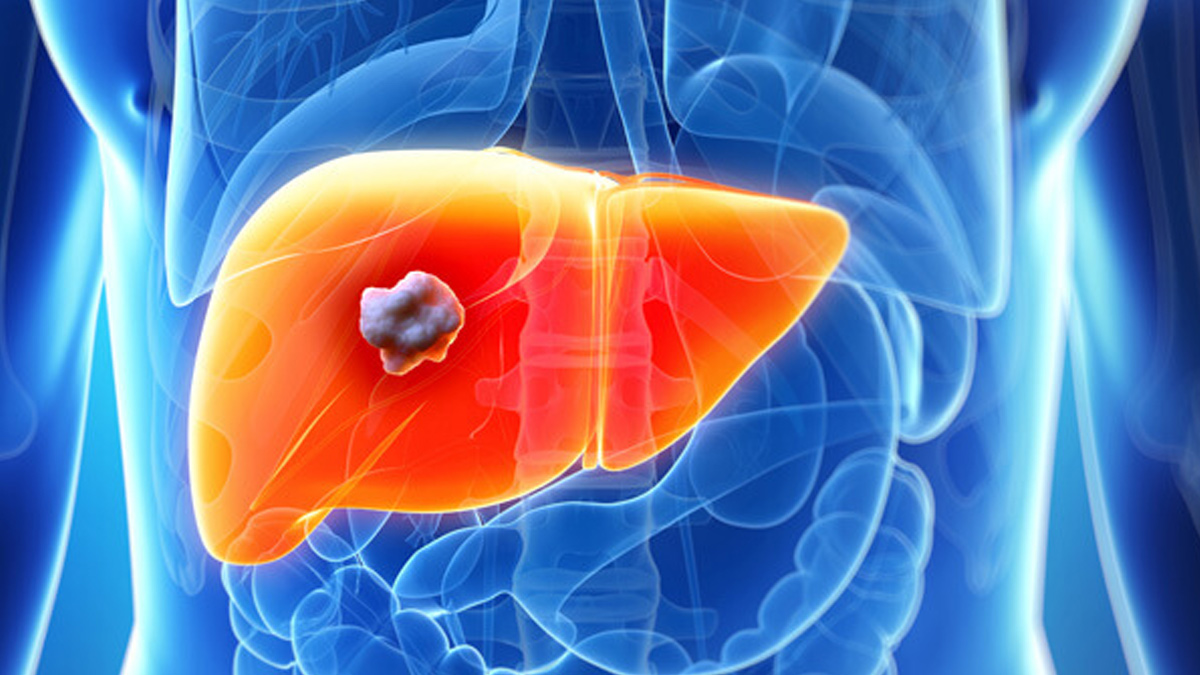
TV star Dipika Kakar, known for her roles in popular Indian television shows, recently faced a major health scare that left her fans worried. What began as mild stomach pain and suspected acidity soon turned into something far more serious. Like many people, Dipika and her family initially thought her symptoms were nothing unusual. However, when her pain persisted and did not respond to basic treatment, further medical tests were done. The results shocked everyone: doctors discovered a large tumour, about the size of a tennis ball, in the left lobe of her liver.
Table of Content:-
“Deepika is not well, she has an issue in her stomach,” shares Shoaib Ibrahim
Dipika’s husband detailed the ordeal, saying, “She started having pain, and we thought it was just acidity or a normal stomach ache. We treated her at home for a couple of days, but when it didn’t get better, the doctor prescribed antibiotics and asked for a blood test. At first, the pain improved, but after a few days, it returned just as badly. The doctor then recommended a CT scan with contrast. That’s when we found out Deepika had a tumour in the left lobe of her liver, and it was quite big, like a tennis ball. It was shocking for all of us.”
The news was overwhelming for the family, especially since the pain was first mistaken for something as common as acidity. Thankfully, initial reports suggest the tumour is non-cancerous, but further tests and a specialist’s opinion will guide her treatment and next steps.
ALSO READ: Ileana D’Cruz Shares Her Unconditional Parenting Philosophy: “No Child Should Have to Earn Love”
What Is a Liver Tumour?![liver tumour 1 - 2025-05-16T112715.337]()
A liver tumour is an abnormal growth in the liver. It can be benign (non-cancerous) or malignant (cancerous). Many tumours do not cause symptoms until they become large, which can lead to pain, discomfort, or digestive issues. In Dipika’s case, the tumour was large enough to cause repeated pain that did not go away with usual treatments. Imaging tests like CT scans are crucial for detecting such growths early. Treatment depends on the tumour’s size and type.
Most people don’t notice symptoms in the early stages. When symptoms do appear, they may include upper abdominal pain, nausea, fatigue, and yellowing of the skin and eyes (jaundice). Surgery is often recommended for large or symptomatic tumours, and other options include medication, targeted therapy, or liver transplant in severe cases.
The Importance of Early Detection
A study published on PubMed highlights that early detection of liver tumours is crucial for improving survival rates and treatment outcomes. Patients diagnosed with liver cancer at an early stage have a much better prognosis, with 5-year survival rates reaching 60–80% after curative treatments like surgery or ablation. However, many cases are detected late, when treatment options are limited and the chances of recovery are much lower. Regular screenings and timely imaging tests, especially for those with ongoing symptoms, can make a significant difference in catching liver tumours before they become advanced.
ALSO READ: National Dengue Day: 7 Essential Tips to Prevent Dengue Infection
Why Deepika’s Case Matters?
Dipika Kakar’s experience is an important reminder not to ignore persistent stomach pain or unusual symptoms. What may seem like simple acidity could be a sign of a more serious problem. Early diagnosis and proper medical care are key to better outcomes. Her story encourages everyone to listen to their body and seek timely medical advice. As she prepares for surgery, her fans and well-wishers are hoping for her speedy recovery.
Also watch this video
Read Next
Type 1 Diabetes Diagnosed In Adulthood Tied To Higher Heart Disease And Death Risk: Study Finds
How we keep this article up to date:
We work with experts and keep a close eye on the latest in health and wellness. Whenever there is a new research or helpful information, we update our articles with accurate and useful advice.
Current Version
